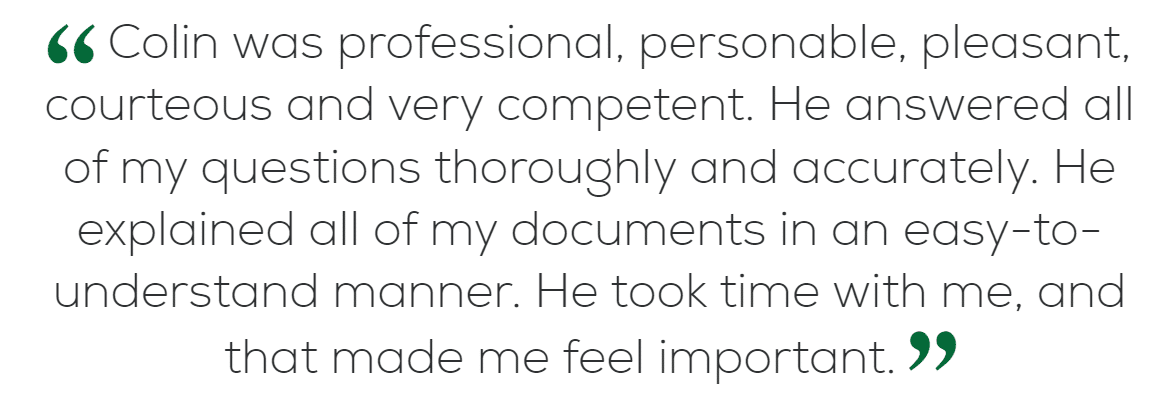The Appointment of A Party Over Your Affairs.
What will happen if I become mentally or physically incapacitated?
A general conservatorship is for adults who are unable to provide for their personal needs due to physical injury, dementia or other reasons making them subject to undue influence, while a limited conservatorship is a conservatorship for a person who is developmentally disabled.
While a valid power of attorney document and health care directive can authorize the agent named therein to accomplish certain tasks of a conservator, a power of attorney or health care directive cannot prevent an ill person from contracting, conveying property or marrying. For example, a patient with Alzheimer’s disease may become subject to fraud or undue influence by unscrupulous persons.
While he or she could have given a valid power of attorney while he or she was well, he or she may be befriended, may marry, and convey his or her property to a new spouse. In that situation, the probate code provides that a conservatorship may be established, and the conservator may ask the court to set aside any contract entered into by the ill conservatee.
Although the circumstances referenced above are infrequent, to avoid the thousands of dollars expended to obtain a conservatorship, it is strongly recommended that all individuals over the age of 18 have a power of attorney and health care directive in place. In most circumstances these documents avoid the need for a general conservatorship
Limited Conservatorship For Developmentally Disabled Adults
A Limited Conservatorship applies to individuals who are developmentally disabled. It typically gives the parents many of the rights they had over their child as a minor, but lost when he or she reached 18 years of age. It is called limited because, depending on the child’s level of intellectual development, he or she will be permitted to retain many of the powers which would otherwise be granted under this conservatorship process.
A limited conservator may ask for the following seven powers as they relate to the conservatee: to fix residence; access confidential records; consent or withhold consent to marriage; to enter into contracts; give or withhold medical consent; select the conservatee’s social and sexual contacts; and make decisions regarding education of the conservatee.
Call now to get your estate plan in order. 916-563-7140



